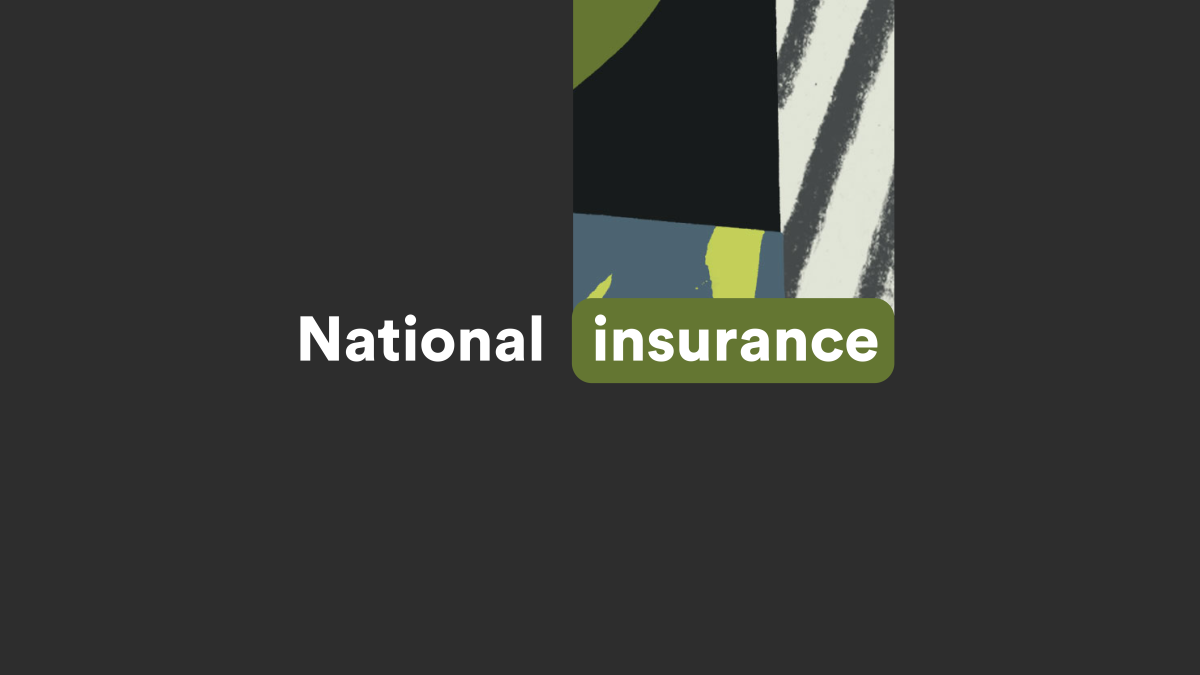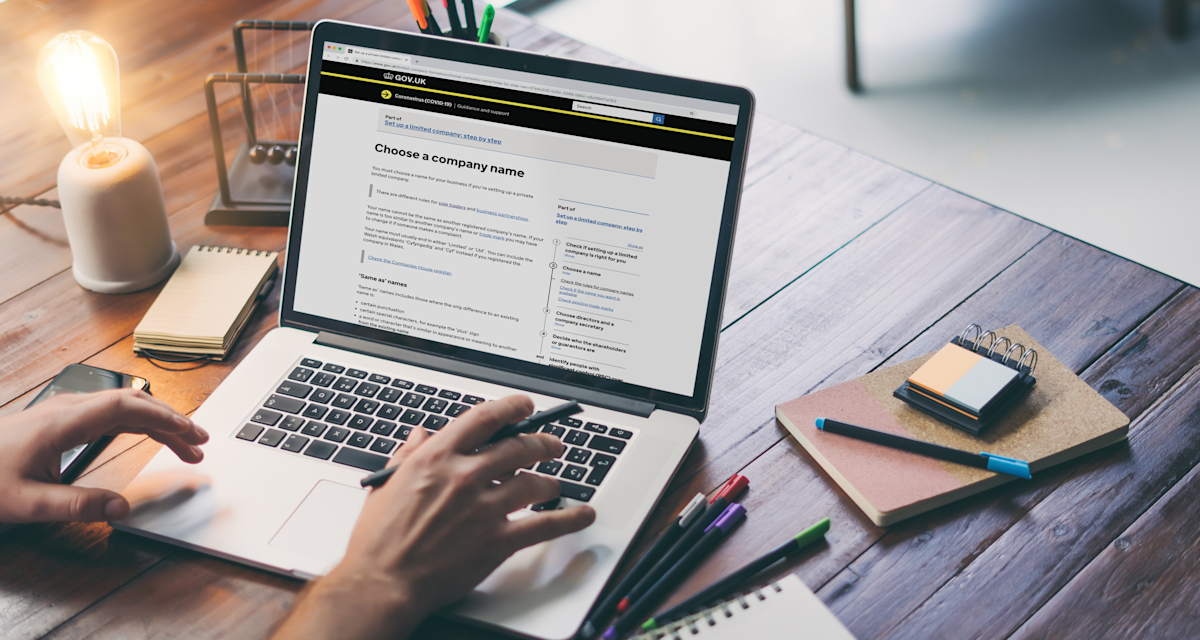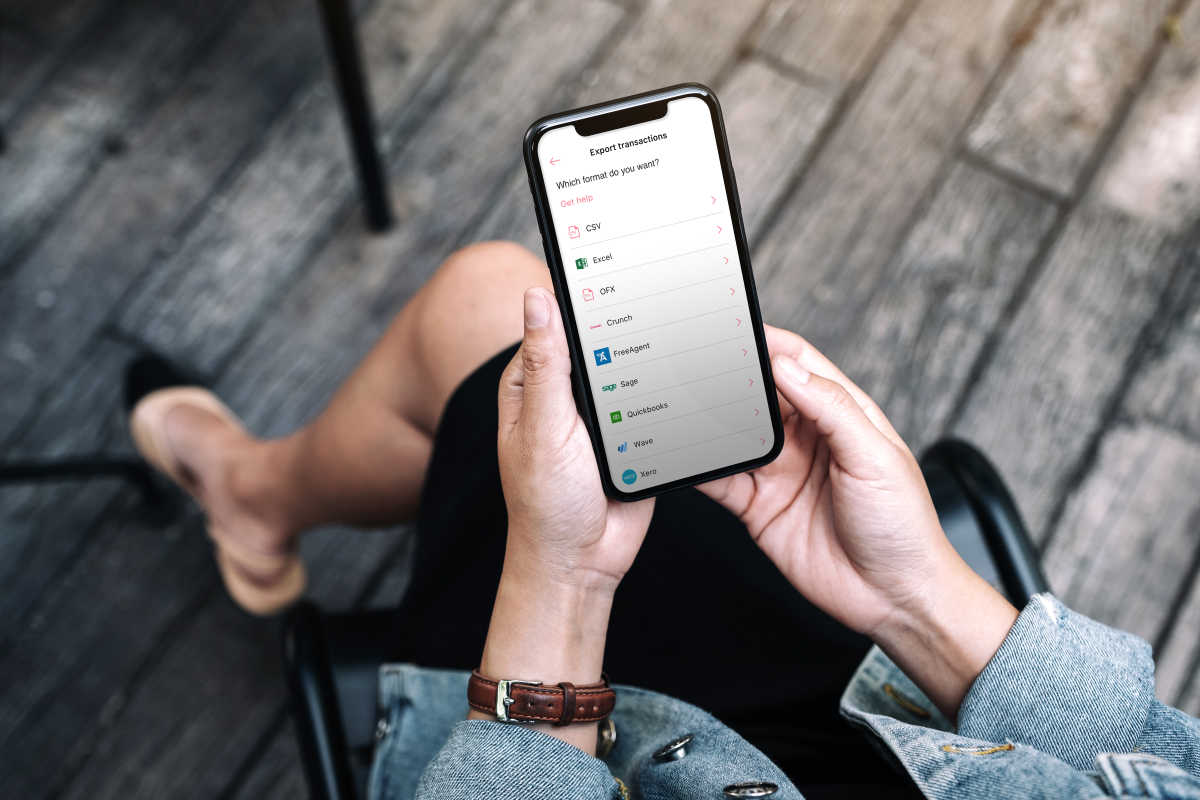What is National Insurance?
For the average employee National Insurance is simply another deduction from your payslip, another number we’re all sad to see go. Some of us may not even know what it is, why we pay it or what it means if you’re running a small business alongside another job.
Simply put, National Insurance is a form of contribution in order to have access to benefits provided from the state, for example, your state pension. As a self-employed person you will need to pay National Insurance at a certain amount, dependent on your yearly profits, for a set number of years to qualify for the state pension as and when you hit your state pension age, which you can check here.
When should I start paying?
HMRC clearly states you should be paying National Insurance if you’re aged 16 or over and you’re either:
An employee earning more than £242 a week
Self-employed making a profit of £12,570 or more a year.
As an employee your employer should be working this all out for you and deducting the right amounts from your pay automatically, this is what you’ll see on your payslip usually abbreviated to ‘NI’ under ‘Deductions’ although this can vary between companies. On the other hand if you’re self-employed, as a small business owner, side-hustler, sole trader or however you want to call yourself then the amount of National Insurance you are mandated to pay depends on your profits for the year.
How do I know what to pay?
The different Classes of National Insurance vary depending on your employment situation and are ways the government uses to figure out how much you owe, much like tax codes. If you are solely self-employed then you don’t need to worry about Class 1 National Insurance Contributions (hereon referred to as NIC).
If you're an employee and also consider yourself self-employed your employer should be deducting Class 1 NIC from your wages as explained above. Then, depending on the profits you make from your business demonstrated in the table below, you may have to pay Class 2 and 4 NIC for your self-employed work.
This table is correct for the tax year 2023/24.
Profits in a year | Class 2 | Class 4 |
|---|---|---|
< £6,725 | ||
£6,725 - £12,570 | ||
£12,570 - £50,270 |
It is worth noting that the profits of your business is not income from your business alone, but instead it is the income you have generated from your business minus your business expenses.
The rates between Classes vary and similarly to the profit thresholds in the table above are subject to change year on year and it is always worth checking on the HMRC website, gov.uk for the most up to date figures.
In the tax year 2023/24 If you earn between £6,725 - £12,570 you should be paying £3.45 a week - this doesn’t change if you’re earning say £7,001 or if your profits are £9,400 it is the same amount of £3.45 a week. However, Class 4 contributions are specific to your profits. They are 9% on your profits between £12,570 - £50,270 and 2% on any profits above £50,270.
The good news is that this calculation is done as part of your tax self-assessment at the beginning of the year so mandatory payments are calculated for you in the same place at the same time. That way you only need to worry about filling out the forms when you should be filling out your tax forms anyway, for context the deadline for online tax returns for 2023/24 tax year is 31 January 2024.
Voluntary payments to National Insurance?
If you do not earn enough to pay Class 2 contributions you may want to consider paying voluntary contributions. There are a number of reasons why this might be good to consider, for instance if you have gaps in making contributions or you are nearing your State Pension age and do not have enough years of contributions to qualify for it. Voluntary contributions are called Class 3, they count mainly towards the same benefits as Class 2 but with some slight differences clearly laid out in this table.
When do I stop paying National Insurance?
If you’re self-employed you stop paying:
Class 2 National Insurance when you reach State Pension age
Class 4 National Insurance from 6 April (the start of the tax year) after you reach State Pension age
As an example, Ciara was born 10 October 1967 therefore her State Pension age would be 67. Having been self-employed for most of her life and paid NICs for more than 35 qualifying years, in order to get the full State Pension, once she turns 67 years old on 10 October 2034, she would immediately stop paying Class 2 NIC, but would only finish paying Class 4 NIC on 6 April 2035.
As a reminder, your National Insurance is paid alongside your tax self-assessment at the beginning of each year. Although it may seem like another burden National Insurance is important to consider if you want to start thinking about your future and pension.
Autumn budget 2023 update
The government has announced a range of changes to National Insurance that will come into effect in 2024.
Class 1 National Insurance contributions will be cut by 2 percentage points from 12% to 10% from 6 January 2024.
From 6 April 2024, the main rate of Class 4 National Insurance contributions will be cut by 1 percentage point from 9% to 8% and the liability to pay Class 2 National Insurance contributions will be scrapped.







